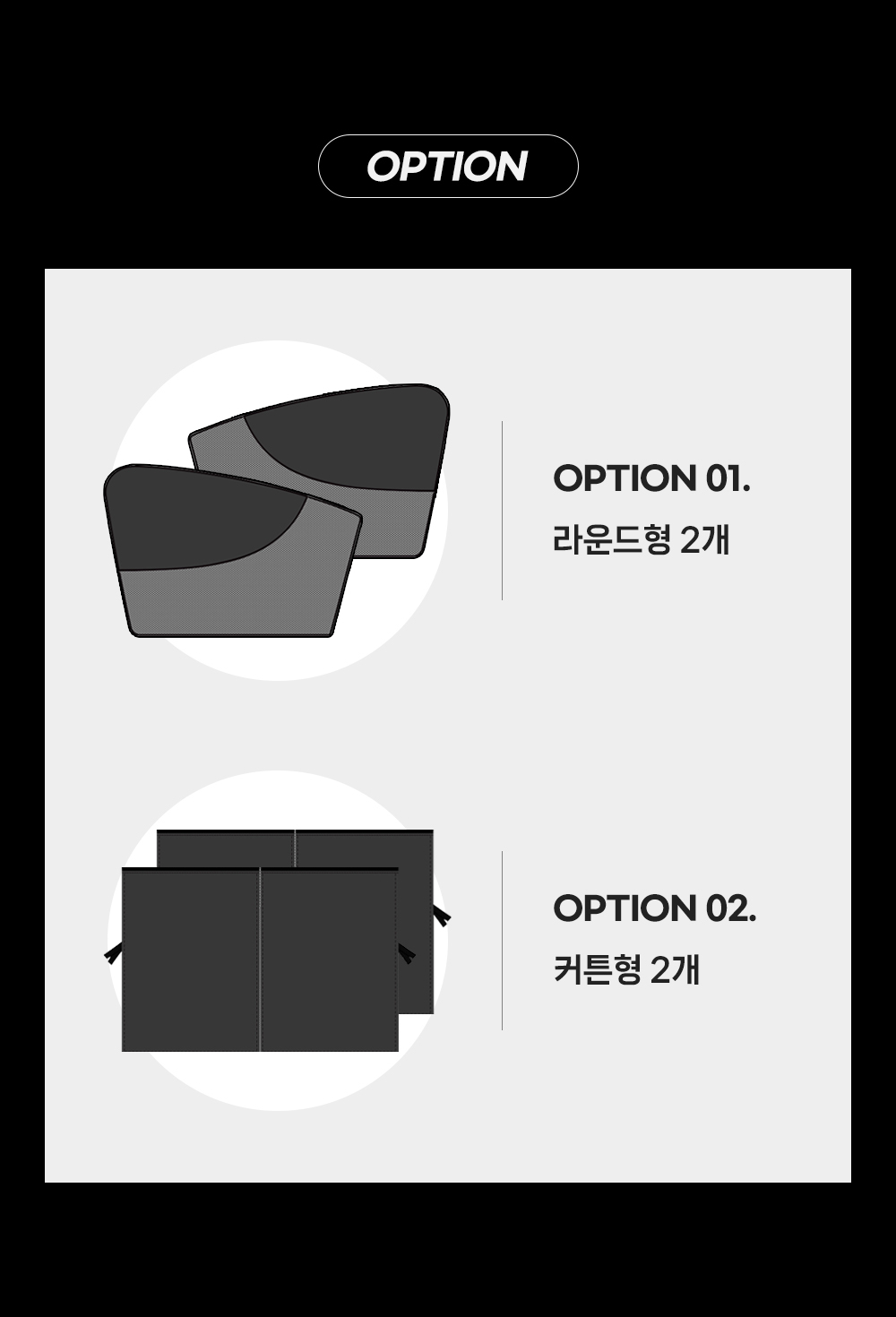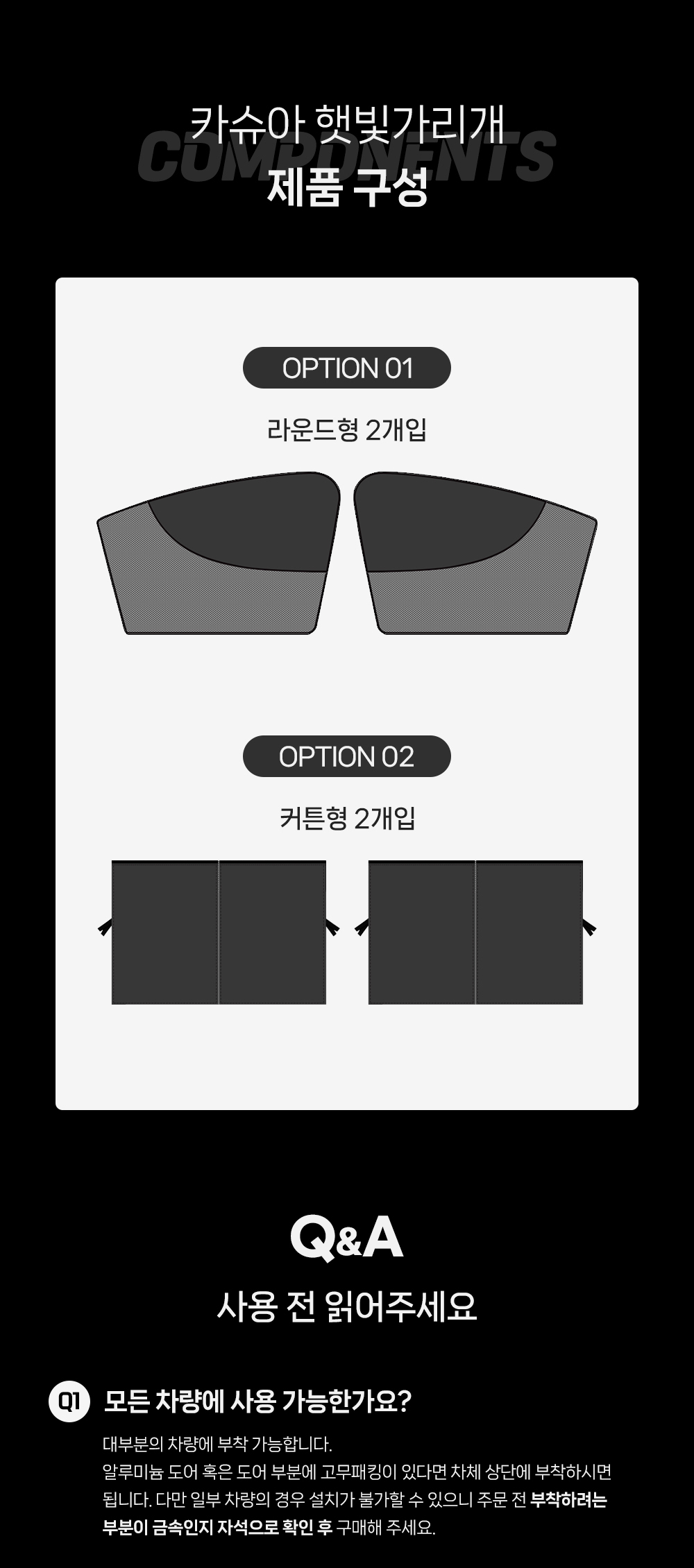Sun Shade Strands: The Ultimate Guide To Protecting Your Hair From The Sun
Let's face it, folks—our hair takes a beating every single day. Whether it's pollution, heat styling tools, or yes, even the sun—our strands need all the love and protection they can get. If you're wondering how sun shade strands can save your tresses from damage, you're in the right place. In this article, we'll dive deep into the world of sun protection for your hair, exploring everything from the science behind sun damage to practical solutions that'll keep your locks glowing and healthy.
You might be thinking, "Do I really need to protect my hair from the sun?" The short answer is yes. Just like your skin, your hair is vulnerable to UV damage, which can lead to dryness, breakage, and even color fading. But don't worry—we're here to break it down for you in a way that's easy to understand and actionable.
From DIY remedies to professional products, we'll cover all the bases so you can make informed decisions about your hair care routine. So grab a cup of coffee (or tea, if that's your thing), and let's get started on this sun shade strands journey together!
Read also:Is Barron Trump Athletic Exploring The Young Trumps Active Side
Table of Contents
Why Is Sun Protection Important for Hair?
Best Sun Shade Products for Your Hair
Natural Remedies for Sun Damaged Hair
Read also:Perry Stone Net Worth Unveiling The Wealth Of A Gospel Legend
The Science Behind Sun Shade Strands
Sun Shade Strands for Different Hair Types
What Are Sun Shade Strands?
Alright, let's start with the basics. Sun shade strands refer to the practice of shielding your hair from harmful UV rays. Think of it as sunscreen for your locks. But why do we need this? Well, the sun isn't just out to tan your skin—it's also after your hair. Prolonged exposure can lead to serious damage, including protein loss, color fading, and weakened strands.
Here's the kicker: unlike our skin, our hair doesn't have the ability to heal itself. Once it's damaged, it's damaged for good—unless you're willing to cut it off, of course. So, protecting your strands from the sun is crucial if you want to maintain healthy, vibrant hair.
Why Should You Care About Sun Shade Strands?
Let me tell you a little story. Last summer, I spent way too much time under the sun without thinking twice about my hair. By the end of the season, my once-shiny locks were dull, brittle, and looked like they'd been through a war. It was a wake-up call for me, and it made me realize the importance of sun shade strands.
If you're someone who spends a lot of time outdoors—whether it's at the beach, hiking, or just running errands—you need to be proactive about protecting your hair. Trust me, your future self will thank you.
Why Is Sun Protection Important for Hair?
Now that we've established what sun shade strands are, let's talk about why they matter. UV rays are sneaky little buggers. They don't just affect your scalp—they penetrate deep into your hair shaft, causing structural damage that can lead to:
- Dryness and brittleness
- Color fading (especially for dyed or bleached hair)
- Protein loss, making your hair weaker and more prone to breakage
- A dull, lifeless appearance
And let's not forget the long-term effects. Over time, repeated sun exposure can lead to premature aging of your hair, making it look older than it should. Who wants that, right?
Statistics That'll Make You Think Twice
According to a study published in the International Journal of Dermatology, up to 70% of hair damage is caused by environmental factors, with UV exposure being a major contributor. That's a pretty alarming number, if you ask me. So, if you're serious about maintaining healthy hair, sun protection should be a top priority.
How Does UV Damage Hair?
Now, let's get a little scientific. When UV rays hit your hair, they break down the proteins that make up your strands, particularly keratin. This weakens the hair structure, making it more susceptible to breakage. But that's not all—UV rays also oxidize the pigments in your hair, leading to color fading and a dull appearance.
And here's the kicker: the damage doesn't stop there. UV exposure can also disrupt the natural moisture balance of your hair, leaving it dry and brittle. It's like a domino effect—once the damage starts, it's hard to stop it from spreading.
Breaking It Down
Think of your hair as a sponge. When it's healthy, it absorbs moisture and retains it. But when it's exposed to UV rays, it starts to lose its ability to hold onto moisture, becoming dry and brittle. It's like trying to squeeze water out of a dry sponge—it just doesn't work.
Best Sun Shade Products for Your Hair
Luckily, there are plenty of products out there designed to protect your hair from the sun. From sprays to oils, there's something for everyone. Here are a few of our top picks:
- UV Protectant Sprays: These lightweight sprays are perfect for daily use. They provide a layer of protection without weighing your hair down.
- leave-in conditioners with SPF: If you're looking for something that does double duty, these conditioners are a great option. They moisturize your hair while shielding it from the sun.
- Hair Oils: Some oils, like argan and coconut oil, have natural UV-protective properties. Plus, they add shine and hydration to your hair.
When choosing a product, look for ones that specifically mention UV protection. And don't forget to reapply if you're spending a lot of time outdoors!
DIY Sun Shade Strands Solutions
If you're the DIY type, there are plenty of homemade remedies you can try. For example, mixing a few drops of argan oil with your regular conditioner can provide some UV protection. Or, you can whip up a batch of aloe vera gel mixed with chamomile tea for a soothing and protective treatment.
Natural Remedies for Sun Damaged Hair
Let's face it—not everyone wants to load up on products. If you're looking for a more natural approach, there are plenty of remedies that can help repair sun-damaged hair. Here are a few of our favorites:
- Aloe Vera: Known for its soothing properties, aloe vera can help repair damaged hair and restore its natural shine.
- Coconut Oil: This powerhouse oil not only moisturizes your hair but also provides some UV protection.
- Green Tea Rinse: Rich in antioxidants, green tea can help repair sun-damaged hair and prevent further damage.
And the best part? Most of these remedies are affordable and easy to find. So, if you're on a budget, these natural solutions are a great option.
How to Use These Remedies
For example, if you're using aloe vera, simply apply it to your hair after washing and leave it on for 20-30 minutes before rinsing. Or, if you're using coconut oil, massage it into your scalp and ends, then cover your hair with a shower cap overnight for maximum absorption.
Tips to Prevent Sun Damage
Prevention is key when it comes to sun shade strands. Here are a few tips to help you protect your hair from the sun:
- Wear a hat or scarf when spending time outdoors.
- Use a leave-in conditioner with SPF daily.
- Stay hydrated—drink plenty of water to keep your hair and body hydrated from the inside out.
- Limit time in direct sunlight, especially during peak hours.
And remember, consistency is key. Just like with skincare, protecting your hair from the sun should be a daily habit.
Why Hats Are Your Best Friend
Let's talk about hats for a minute. Not only do they protect your scalp and hair from the sun, but they also add a stylish touch to any outfit. Whether it's a wide-brimmed hat for the beach or a cute beanie for cooler weather, there's a hat out there for everyone.
Frequently Asked Questions
Q: Can I use regular sunscreen on my hair?
A: Not really. Regular sunscreen is designed for skin, not hair. It can weigh your hair down and leave it feeling greasy. Stick to products specifically formulated for hair.
Q: How often should I apply sun protection for my hair?
A: If you're spending a lot of time outdoors, reapply every few hours, just like you would with sunscreen for your skin.
The Science Behind Sun Shade Strands
For those of you who love a good science lesson, here's a deeper dive into how UV rays affect your hair. When UVB rays penetrate your hair, they break down the disulfide bonds in the keratin structure. This weakens the hair, making it more prone to breakage. Meanwhile, UVA rays cause oxidative stress, leading to color fading and a dull appearance.
And let's not forget about infrared radiation, which can also contribute to hair damage. It heats up the water molecules in your hair, causing them to evaporate and leaving your strands dry and brittle.
What Can You Do About It?
The good news is that there are products and remedies out there that can help combat these effects. Look for ingredients like cinnamidopropyltrimonium chloride, which provides UV protection, or panthenol, which adds moisture and shine.
Sun Shade Strands for Different Hair Types
Not all hair types are created equal, and that goes for sun protection too. Here's how you can tailor your sun shade strands routine to your specific hair type:
Curly Hair
Curly hair tends to be drier, so it's important to focus on hydration. Look for products that contain moisturizing ingredients like shea butter or jojoba oil.
Straight Hair
Straight hair is often finer, so you'll want to avoid heavy products that can weigh it down. Opt for lightweight sprays or serums instead.
Color-Treated Hair
If you've got color-treated hair, protecting it from the sun is crucial to prevent fading. Use products specifically designed for color-treated hair, and consider getting touch-ups more frequently during the summer months.
Conclusion and Next Steps
So, there you have it—everything you need to know about sun shade strands. From understanding the science behind UV damage to practical tips for protecting your hair, we've covered it all. Remember, protecting your hair from the sun is just as important as protecting your skin.
Now, it's your turn to take action. Start incorporating sun protection into your daily hair care routine, and don't forget to share this article with your friends. Together, we can keep our hair healthy and beautiful all year round.
And if you have any questions or tips of your own, leave a comment below. We'd love to hear from you!


